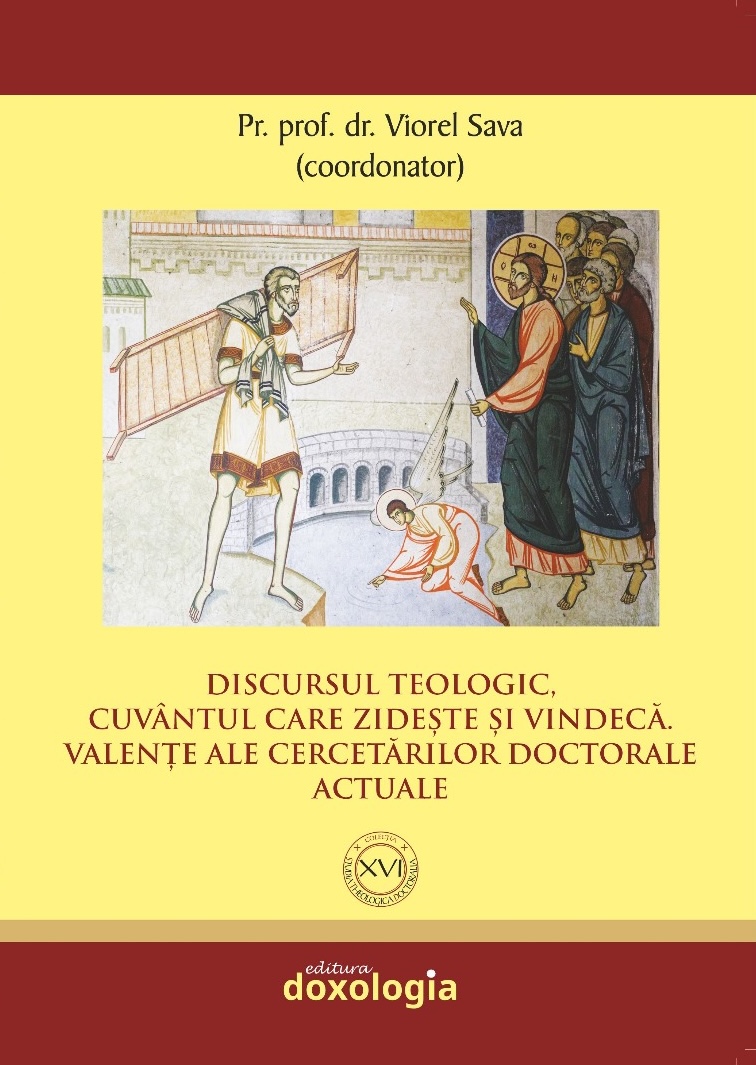Biserica ca instituție divino-umană în ajutorarea celor care suferă
The Church's mission as a divine‐human institution for the relief of those who suffer
Author(s): Andrei IRINA
Subject(s): Christian Theology and Religion, Theology and Religion
Published by: Editura Doxologia
Keywords: illness; suffering; charity; philanthropy; the role of the Church in relieving the suffering;
Summary/Abstract: The Church has a philanthropic vocation par excellence, following the command of the Savior Jesus Christ, who at His second coming, at the Last Judgment, will bless or sanction us based on whether we attended to Him when He was in suffering, identifying Himself truly with those in suffering: „Truly I tell you, whatever you did for one of the least of these brothers and sisters of mine, you did for me” (Mt. 25, 40). Saint Basil the Great fulfilled this special vocation by establishing philanthropic institutions for the sick, the elderly, orphans, and strangers, which flourished within the Byzantine Empire. The Romanian Orthodox Church adopted this tradition of serving the sick by organizing infirmaries near monasteries, closely linked with the church-infirmary where the Holy Liturgy, Holy Unction, and prayers for those in suffering were constantly performed. These services benefited not only the elderly or sick monks but also the faithful from nearby areas or sick travelers. In addition to the spiritual benefits of the prayers, they were also physically treated with medicinal plants known to the monks. We can affirm that healing from the beginning was conceived as an ecclesial act directly connected with the Savior Jesus Christ, through the renunciation of passions and union with Christ through the Holy Communion, „the medicine of immortality”. Within the Church, the first public hospitals were also established, supported by the devotion and work of the monks. With the establishment of the communist regime, this method of spiritual-medical assistance was banned, and hospitals became state institutions, excluding the missionary-charitable service of priests. There were reported cases where priests offered religious assistance clandestinely. Today, we pose the following questions: Is there still a need for charity priests in hospitals? Should suffering be approached from a Christian perspective? How can the Church play a significant role in alleviating the suffering of those in need?
- Page Range: 435-446
- Page Count: 12
- Publication Year: 2024
- Language: Romanian
- Content File-PDF

